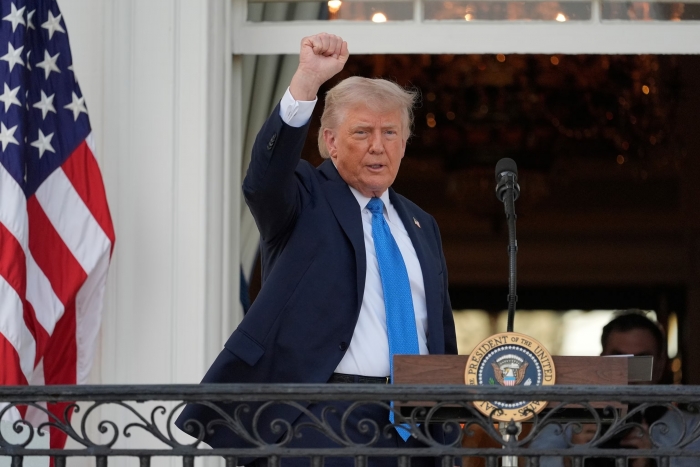President Donald Trump has enacted comprehensive travel restrictions affecting nationals from nearly two dozen countries, citing national security threats and inadequate information-sharing protocols.
The newly implemented measures completely ban entry for nationals from 12 countries, including Afghanistan, Haiti, Iran, Libya, Somalia, and Yemen, while imposing partial restrictions on travelers from seven additional nations such as Cuba, Venezuela, and Laos.
The restrictions stem from Executive Order 14161, signed on January 20, 2025, titled “Protecting the United States from Foreign Terrorists and Other National Security and Public Safety Threats”, which directed national security agencies to conduct comprehensive risk assessments of various countries.
White House Deputy Press Secretary Abigail Jackson defended the policy as necessary protection against inadequately vetted individuals. “President Trump is fulfilling his promise to protect Americans from dangerous foreign actors that want to come to our country and cause us harm,” Jackson stated, describing the measures as “commonsense” responses to countries with insufficient screening capabilities.
The administration has identified several factors driving the restrictions: elevated terrorism risks, unstable or hostile governments, high rates of visa violations, and inadequate cooperation with U.S. security protocols. Afghanistan, for instance, faces particular scrutiny due to Taliban control and a nearly 30% student visa overstay rate.
In announcing the policy, Trump referenced recent security incidents to justify the restrictions. “The recent terror attack in Boulder, Colorado, has underscored the extreme dangers posed to our country by the entry of foreign nationals who are not properly vetted,” he said in a video statement.
The president characterized his first-term travel policies as highly successful in preventing terrorist attacks on American soil, positioning these new restrictions as an extension of that approach. “We cannot have open migration from any country where we cannot safely and reliably vet and screen those who seek to enter the United States,” Trump declared.
Countries subject to complete entry bans include those with limited governmental control over document security, state sponsors of terrorism, or territories under control of designated terrorist organizations. Nations facing partial restrictions typically involve concerns about visa overstay rates or incomplete cooperation with U.S. security requirements.
The implementation represents a significant expansion of travel restrictions compared to previous policies, affecting a broader range of countries and encompassing various categories of travelers. The administration has indicated that the measures will remain in place until affected countries demonstrate improved security cooperation and information-sharing capabilities.
